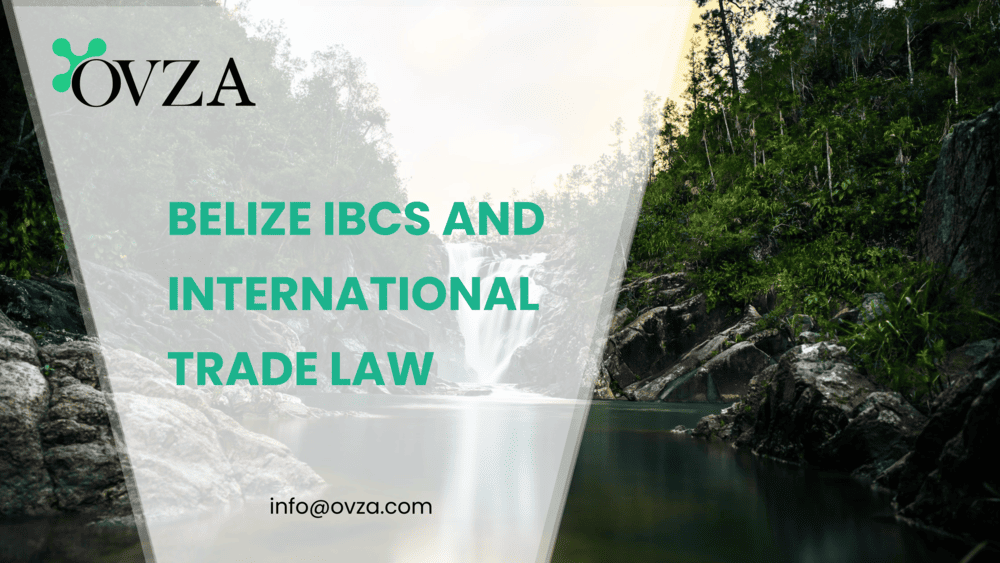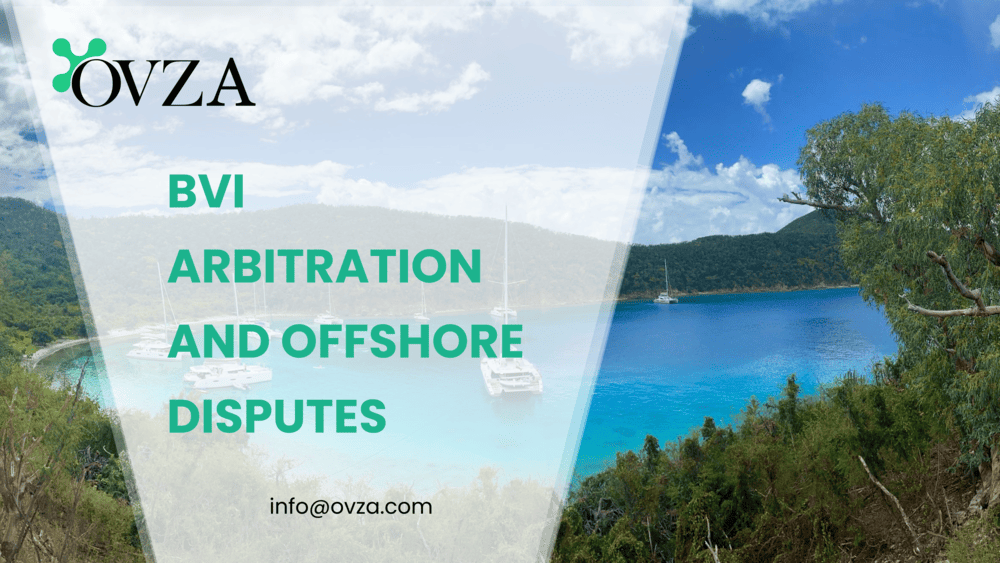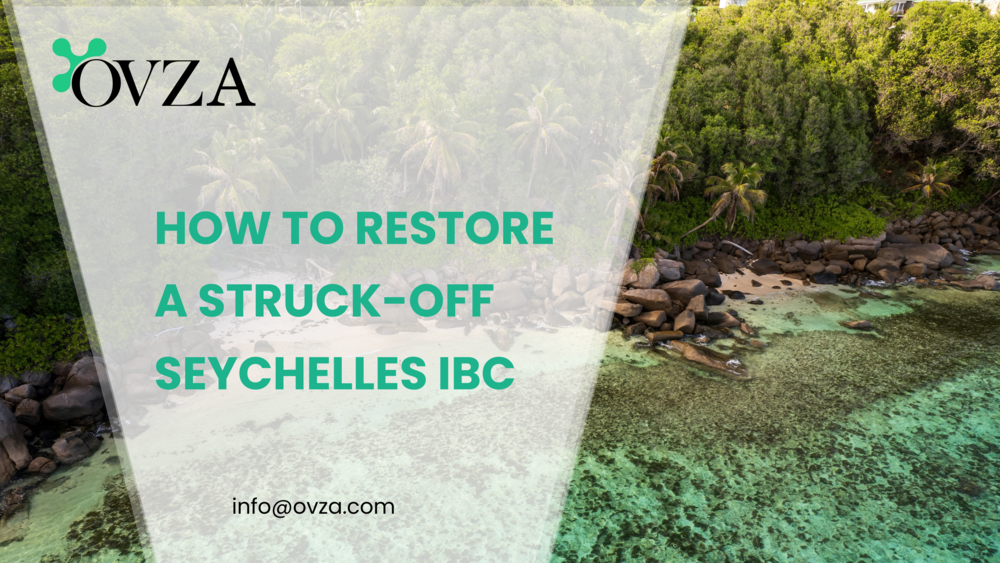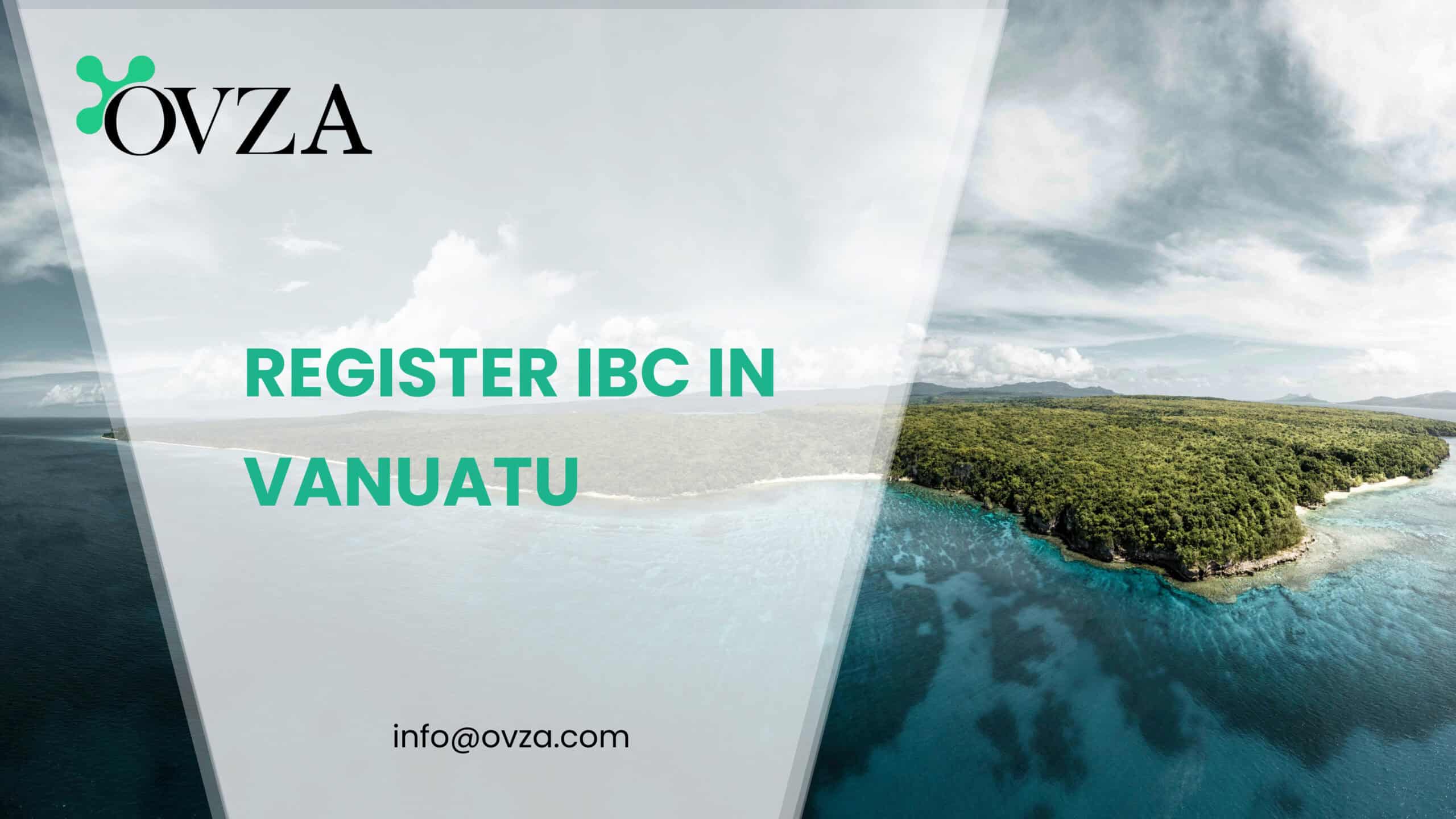What is an Offshore Company? An offshore company is a legal business entity incorporated in a jurisdiction outside the owner’s country.
Despite the term often being misused or sensationalized, offshore companies are not inherently secretive or unlawful. When structured properly and operated transparently, they are entirely legal and play a legitimate role in international commerce, tax planning, and wealth structuring.
This article explains what an offshore company is, how it is used in practice, and why it remains relevant in today’s highly regulated global financial system.
The Concept of What is an Offshore Company
At its core, an offshore company is a corporate entity formed under the laws of a jurisdiction that is foreign to its owner. Typically, the company does not carry out business activities within the country where it is incorporated. Instead, it is used to facilitate business in other regions, to hold assets, or to serve as part of a larger international structure.
The reasons for incorporating offshore are practical and, in many cases, strategic. A jurisdiction may offer a more favorable legal environment, simpler corporate maintenance requirements, more predictable courts, or advantages in terms of taxation. For example, an investor in Europe may form a company in the British Virgin Islands or Seychelles to manage licensing income, hold equity in other companies, or facilitate international transactions.
The jurisdiction of incorporation usually imposes little or no corporate income tax on foreign-sourced income, and often exempts the company from local reporting obligations, provided no business is conducted within its borders.
That said, the owners of such companies remain fully responsible for complying with the laws of their own country, including any tax, disclosure, or reporting requirements.
Legitimate Applications
There are numerous legitimate uses for an offshore company. Many international businesses, particularly those operating online or across borders, use offshore structures to simplify operations.
For instance, a consulting firm offering services to clients around the world might operate through an offshore company to avoid setting up multiple entities in different countries.
Others use offshore companies as holding vehicles, particularly when investing in foreign assets or working with joint ventures. Real estate investors and fund managers, for example, often use companies in neutral jurisdictions to hold international assets and reduce legal complexity. Similarly, entrepreneurs may use offshore structures to manage intellectual property, centralize royalty income, or limit exposure to a single country’s tax or legal system.
In private wealth planning, individuals sometimes hold personal assets through offshore entities to protect against political instability, currency restrictions, or risks associated with local legal systems. Used properly, this can be a legitimate form of asset protection. However, the critical factor is transparency — the beneficial owner must disclose the structure to tax authorities where required, and the company must not be used to conceal income or evade legal obligations.
Regulatory Context and Global Oversight
Over the past two decades, international scrutiny of offshore jurisdictions has increased significantly. Several legal frameworks now govern the use of offshore structures, and governments around the world are cooperating to ensure transparency and tax compliance.
One of the most significant developments is the OECD’s Common Reporting Standard (CRS), which requires financial institutions in participating jurisdictions to share account information with the tax authorities of the account holder’s country of residence. In practice, this means that the days of hiding money in anonymous offshore accounts are over in any reputable jurisdiction.
Another major reform is the implementation of beneficial ownership registries. While the degree of public access varies, most reputable offshore jurisdictions now require companies to disclose their true owners to local authorities. These records are subject to regulatory inspection and may be shared with foreign tax authorities in accordance with international agreements.
In addition, economic substance laws have been introduced in jurisdictions such as the British Virgin Islands, the Cayman Islands, and Bermuda. These laws require companies engaging in certain categories of business — such as finance, insurance, or intellectual property — to demonstrate genuine local activity. This includes having local employees, office space, and operating expenditures. While not all offshore companies are subject to substance rules, these requirements reflect the global shift toward transparency and the elimination of purely paper-based entities.
Onshore vs. Offshore: Legal Differences
The distinction between onshore and offshore companies lies not in their legality but in their jurisdictional framework and intended use. An onshore company is formed and operates within the same country, subject to local taxation, corporate governance laws, and reporting obligations. These companies typically engage in domestic trade or provide services within their home market.
Offshore companies, on the other hand, are formed in jurisdictions that are distinct from where the business owner lives or where the company’s activities are conducted. They are often used for international operations, investment holding, or global licensing. While they enjoy lighter regulation and lower taxes in the jurisdiction of incorporation, the owner’s home country may impose its own rules under controlled foreign corporation (CFC) laws or other tax anti-avoidance measures. In other words, the benefits of offshore structuring exist, but only within a framework of full legal compliance.
Practical Formation and Compliance
The process of forming an offshore company has become more regulated but remains straightforward for legitimate purposes. Incorporation typically begins with selecting the right jurisdiction based on the client’s goals — whether tax neutrality, privacy, access to international banking, or ease of use. Jurisdictions such as Belize, Seychelles, the BVI, and the Cayman Islands each offer distinct advantages.
The next step involves passing due diligence, where the individual must submit certified identification documents, proof of address, and a basic explanation of the intended business activities.
These materials are reviewed by our team at OVZA – then our local attorneys, who file the formation documents with the corporate registry. In most jurisdictions, the incorporation process takes between one and five business days.
Ongoing maintenance includes paying annual government fees, keeping corporate records up to date, and complying with any local or international filing obligations. Some jurisdictions now require companies to file annual returns or submit basic accounting records, even where tax is not levied locally.
It is critical to note that incorporation offshore does not exempt a person from tax or reporting in their country of residence. A properly structured offshore company must be transparent, and any income generated must be reported where required by law.
The chart below outlines common types of individuals and businesses that use offshore company structures, along with the primary benefits each may derive from doing so.
Here’s a quick side-by-side view:
| Persona | Offshore Benefit |
|---|---|
| Digital Nomads | Avoid double taxation, flexible setup |
| Ecom Founders | Reduce tax on global sales |
| Investors | Hold assets or stocks discreetly |
| Agencies/Consultants | Invoice clients globally, legally |
| Crypto Traders | Operate under favorable regulatory rules |
Conclusion
The use of offshore companies remains a lawful and valuable tool in international business and personal finance when applied correctly. They offer legitimate benefits, including legal predictability, operational efficiency, and in some cases, substantial tax advantages. However, those benefits are increasingly accompanied by the expectation of transparency and compliance.
The current offshore environment is not unregulated or opaque. It is shaped by international agreements, information-sharing mechanisms, and substance requirements that aim to prevent abuse while preserving lawful use. Entrepreneurs, investors, and professionals who wish to establish offshore structures should do so with clear legal advice, full disclosure, and a compliance-first approach.
In short, an offshore company is not a loophole — it is a strategic tool, and like any legal instrument, its legitimacy depends on how it is used and, sometimes, who uses it.
Disclaimer: The information provided on this website is intended for general reference and educational purposes only. While OVZA makes every effort to ensure accuracy and timeliness, the content should not be considered legal, financial, or tax advice.













